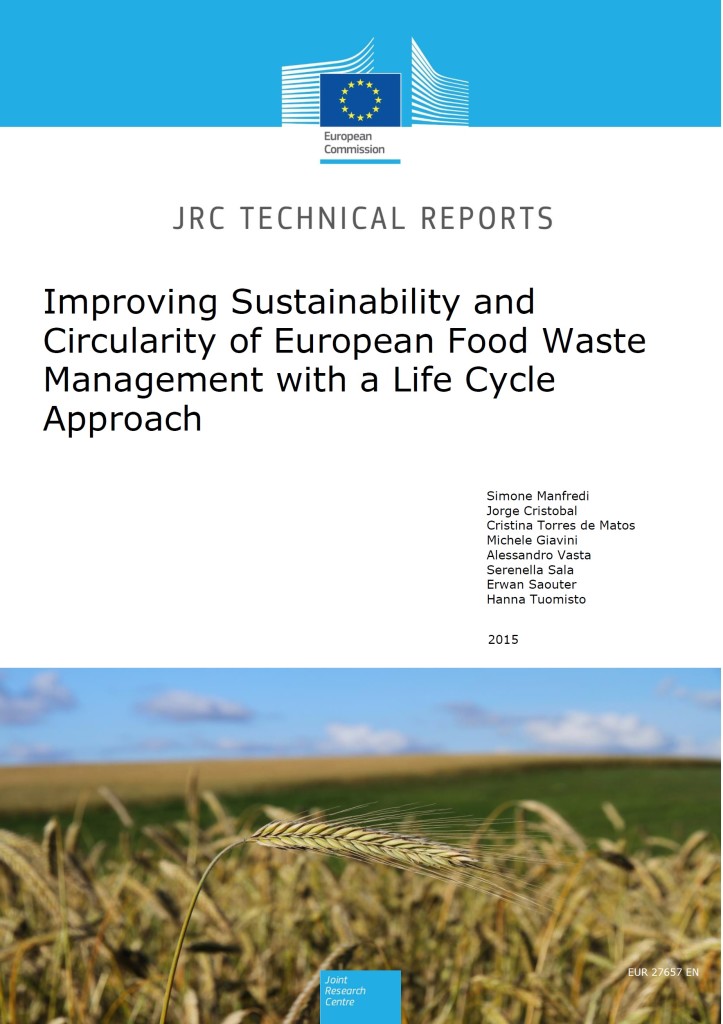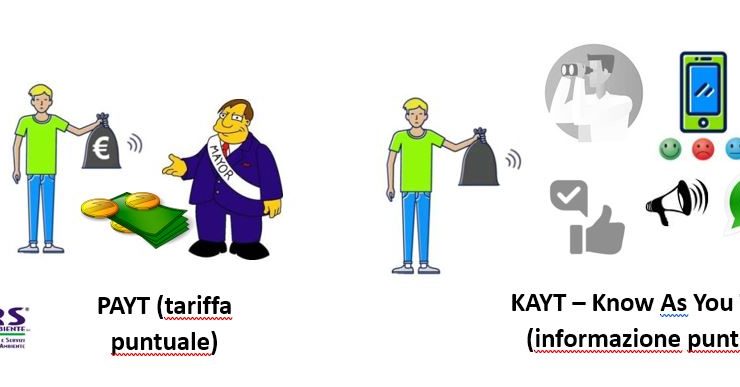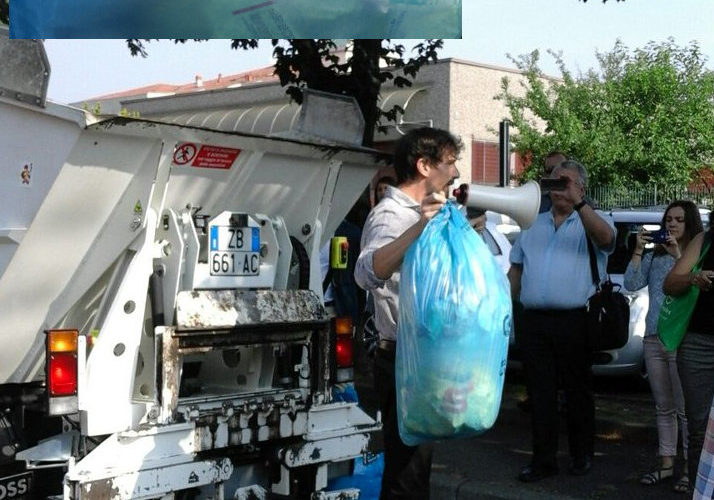Improving Sustainability and Circularity of European Food Waste Management with a Life Cycle Approach
Authors MANFREDI Simone, CRISTOBAL GARCIA Jorge, TORRES DE MATOS Cristina, GIAVINI Michele, VASTA Alessandro, SALA Serenella, SAOUTER Erwan, TUOMISTO Hanna Leena
Publication Year 2015
JRC Institutes IES As the Commission’s in-house science service, the Joint Research Centre’s mission is to provide EU policies with independent, evidence-based scientific and technical support throughout the whole policy cycle. Working in close cooperation with policy Directorates-General, the JRC addresses key societal challenges while stimulating innovation through developing new methods, tools and standards, and sharing its know-how with the Member States, the scientific community and international partners.
Publisher Publications Office of the European Union
ISBN 978-92-79-54203-9 (print),978-92-79-54204-6 (pdf) ISSN 1018-5593 (print),1831-9424 (online)
Download Files lbna27657enn.pdf
Michele Giavini é tra gli autori di questa importante e innovativa pubblicazione.
Abstract: In the past years, several research initiatives have been promoted in the area of food waste. Many of these were focused on the identification of key drivers of food wastage and on the quantification of food waste generation. While these initiatives provided fairly accurate information over European food waste generation and management routes, they did not always deliver comprehensive and comparable knowledge on the sustainability of food waste management and on ways to mitigate negative consequences at environmental, economic and social levels. Building on most recent methodological advancement and policy needs, the work presented in this report aims at providing policy/decision makers and waste managers with a life-cycle based framework methodology to quantify the environmental and economic sustainability performance of European food waste management. This methodology can help identify options for improvement of such performance, thus can offer relevant insight to the decision making process. A numerical case study is also developed. This is meant to give an example of simplified application of the proposed methodology to a fictitious European waste management context. The environmental dimension has been evaluated with the Life Cycle Assessment (LCA) software EASETECH, while the economic assessment is conducted based on a number of different indicators expressing the costs associated with food waste management. This methodology makes use of multi-objective optimization and Pareto optimality concepts in order to help identify most sustainable management options for food waste, intended as those that minimize environmental and economic impacts. In any case, the proposed methodology is meant to only provide relevant information that can support science-based decision making. The final choice will in fact depend on a number of additional aspects that are beyond the scope of this report and also depends on the preferences of the decision maker.




